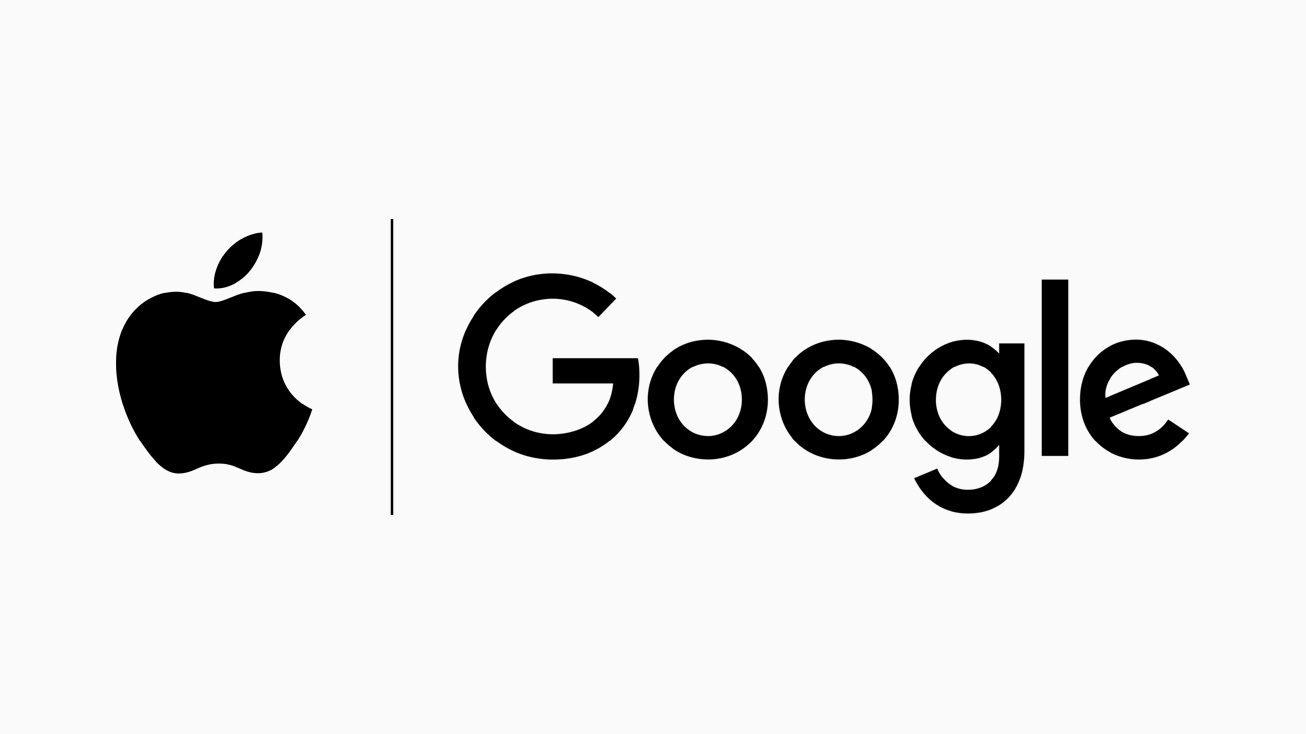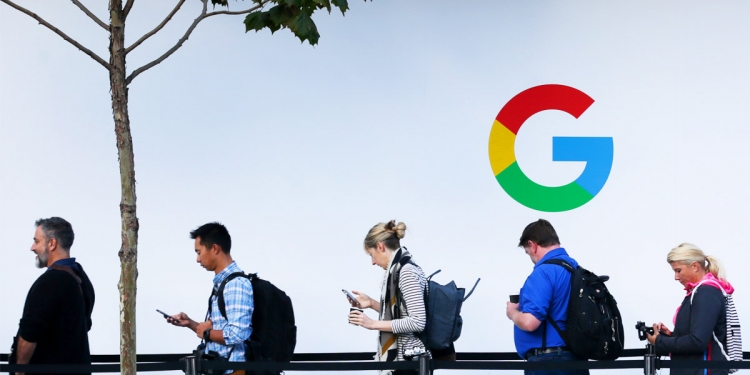Google and Apple recently announced a collaborative effort that will help in the battle against the COVID-19 pandemic. This will come in the form of a Bluetooth-based contact tracing platform to better help health authorities around the world to monitor the spread of the coronavirus. Google has since confirmed that Android phones on Android 6.0 Marshmallow and above will be compatible, and that the update will be pushed over its Google Play Services infrastructure.
This basically means that the update will not be pushed with full OS updates, which tend to take longer to be available. That’s mostly because smartphone makers often add tweaks of their own to major OS updates, which have led to considerable delays in the past. This, when it comes to contact tracing and the current COVID-19 situation, would not be ideal.
This isn’t the first time that Google has talked about updates being pushed via Google Play. When announcing Android 10, the company talked about Project Mainline, where security fixes and patches would be updated via Google Play.

Not all Android phones will be compatible with this method of updating, however. Some of Huawei’s newer Android devices—such as the P40 Pro and Mate Xs—are not equipped with Google Mobile Services (GMS). Additionally, Android phones officially sold in China do not have the necessary Google framework for the update. As such, The Verge reports that these companies (in China, or Huawei) will have the option to replicate the tracking system being developed by Google and Apple, with Google to publish the framework.
The collaborative effort between Apple and Google will enable contact tracing solutions that offers interoperability (using APIs) between both iOS and Android devices. We expect to see official health apps with this capability to hit the App Store and the Google Play Store sometime in May.
Meanwhile, Google also says that a broader contact-tracing platform based on Bluetooth will be coming, with the tracing functionality built into the Android OS. This would be “a more robust” option, with the potential for a wider ecosystem of apps and health authorities.







